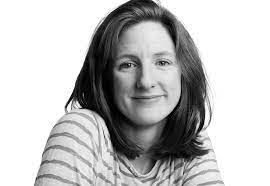2023-24 Evening and Summer Graduate Courses
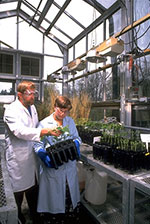 |
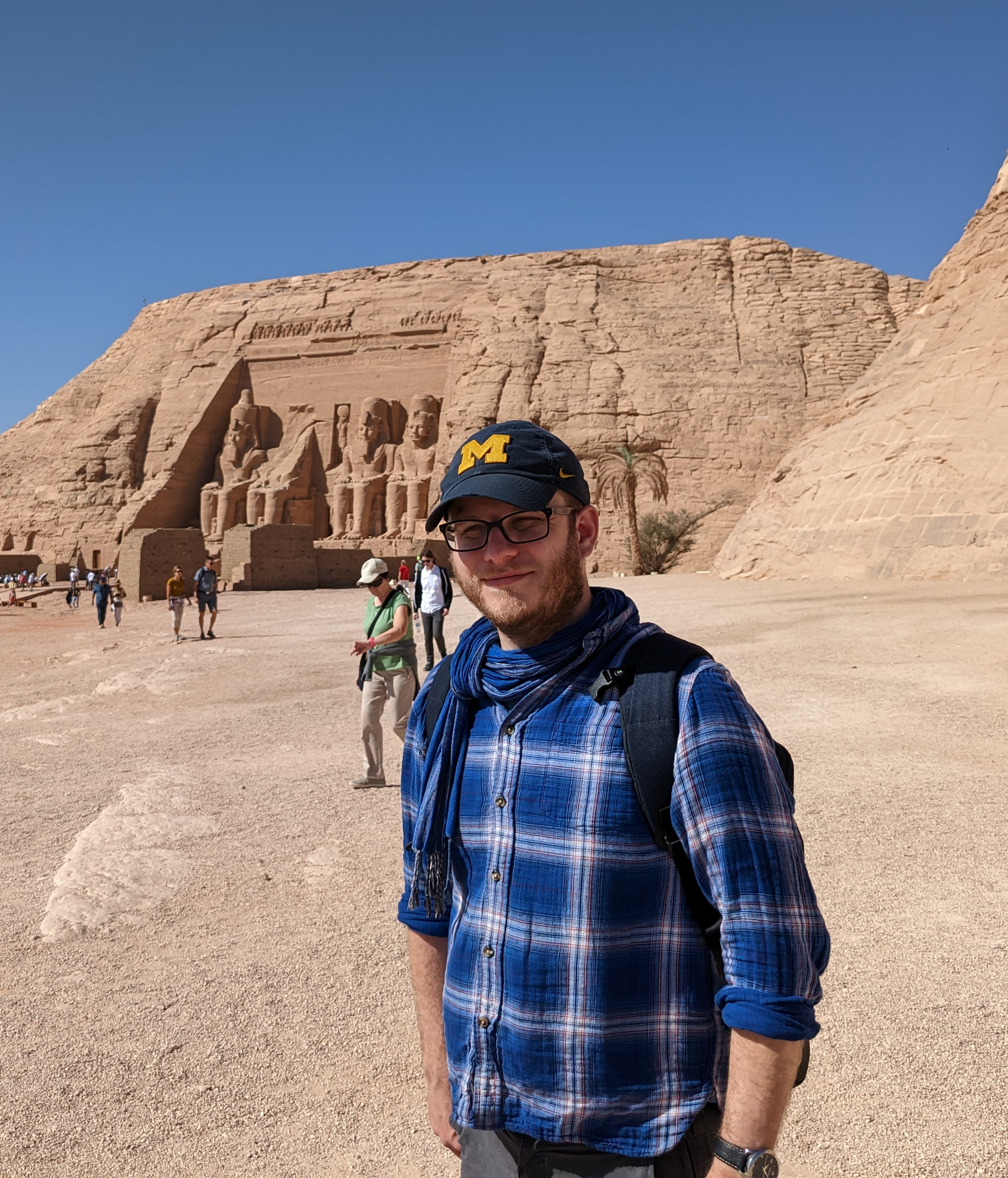 |
 |
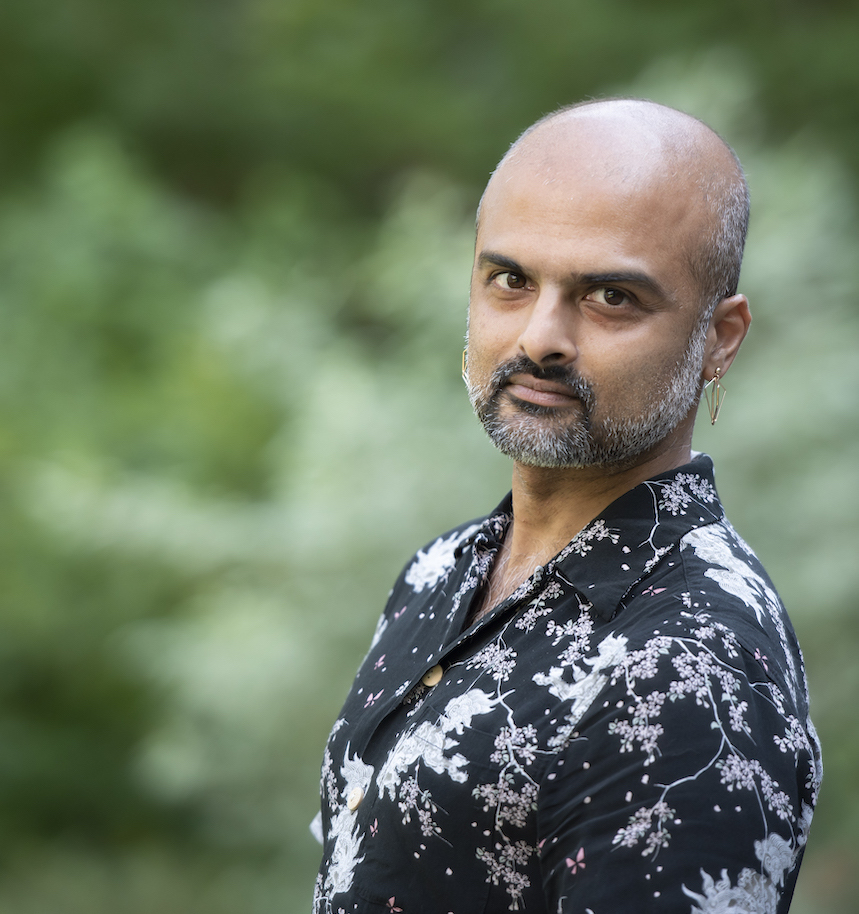 |
|
|
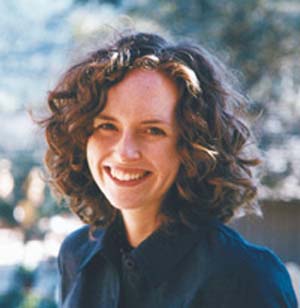 |
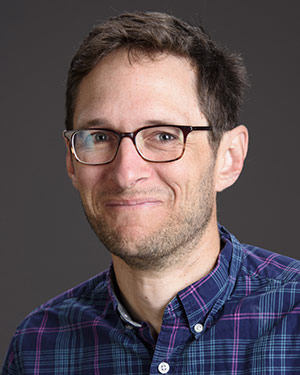 |
Top (L to R): David Dalton, Tom Landvatter, Dana Katz, Sameer ud Dowla Khan
Bottom (L to R): Ülker Gökberk, Lexi Neame, Margaret Scharle, Paddy Riley
The following courses are scheduled through the Master of Arts in Liberal Studies program for the 2023-24 academic year. Typically, MALS courses must enroll a minimum of five students to be offered. Most enroll between five and ten students and all are capped at 15 students. The MALS thesis, MALS 670, is a one-unit, one-semester course.
See Reed's academic calendar for important dates.
Fall 2023
Art 551
Theories of Visuality
Theories of visuality are central to debates in the humanities. Interdisciplinary approaches to art have changed the parameters of our objects of study. Such changes have resulted in new relationships of words to images and objects, as well as innovative conceptual tools available to interpret all three. In this course we will examine the phenomena of cultural production and consumption of a range of media, asking how images and objects function, and how they mediate what we see and experience. Through shared readings, student presentations, and written projects, we will consider issues of form, representation, and knowledge, and the politics of ascribing meaning and value.
0.5 units
Dana Katz, Joshua C. Taylor Professor of Art History and Humanities
Tuesdays, 7:00–8:30 p.m.
Biology 505
The Biological Legacy of Lewis and Clark
An examination of the natural history of the Lewis and Clark expedition with an emphasis on the new species of plants and animals and their communities that were first described on the expedition. The scientific discoveries will be placed into a modern context by using these species to illustrate underlying biological principles such as community structure and ecological interactions. Consideration will be given to changes that have occurred since 1800 as well as changes that might be expected in the future. Class meetings will be a mixture of lecture and discussion.
David Dalton, Professor of Biology, Emeritus
Wednesdays, 7:30–9:00 p.m.
Liberal Studies 528
Body Politics
This course explores the politics of embodiment in relation to gender, race, class, sexuality, and dis/ability. We will examine the ways that bodies are objectified and commodified, marked as deviant or abnormal, and explore where processes of sexed, raced, gendered, and able-bodied normalization intersect and diverge. We will consider practices of resistance to and through these categories and how people or movements take up, contest, resignify or refuse them. We will also look at conceptual and normative debates surrounding controversial bodily practices (autonomy and alienation in sex work; biocapital in surrogacy and organ donation; the self and genetic ancestry testing) from a range of perspectives: liberal humanist, radical and phenomenological, intersectional and black feminism, and queer theory. Topics range from the marriage contract and reproductive justice; to turn-of-thecentury sexology and the modern freak show; to the science of homosexuality, the pleasures of trans and queer embodiment, and the biopolitics of HIV/ AIDS.
0.5 units
Lexi Neame, Visiting Assistant Professor of Political Science
Wednesdays, 5:40–7:10 p.m.
Spring 2024
Greek, Latin, and Ancient Mediterranean Studies 501
Archaeological Fantasies: Pseudo-archaeology, Pseudo-history, and Nationalism
In this course, we will examine the (ab)uses of archaeological material, sites, and data in the service of pseudo-historical/pseudo-archaeological arguments and conspiracy theories, as well as nationalistic agendas. We will start the course by examining accepted methods and theories of archaeology and how they have developed over time, while also considering archaeology’s place in popular culture. Further topics to be covered include the use of archaeology in the construction of national narratives; Nazi uses of archaeology; white supremacist uses of ancient DNA; ancient aliens narratives; Atlantis and other hyperdiffusionist stories; and ways in which pseudo-archaeological theories erase indigenous histories. In addition to examining these uses of archaeology and the ends they serve, we will also consider the epistemological roots of pseudo-archaeological thought.
0.5 units
Tom Landvatter, Associate Professor of Greek, Latin, and Ancient Mediterranean Studies and Humanities
Tuesdays, 7:00–8:30 p.m.
Liberal Studies 511
Freedom, Movement, Borders: Slavery and American Political Space
This course will study the politics of freedom and slavery in the nineteenth century United States by focusing on a key legal and ideological problem: the right of human beings to travel freely through space, often understood in the nineteenth century as “the right of locomotion.”
American slavery was defined by the antithesis of free movement, insofar as it required the perpetual coercive control of enslaved people. Forced transportation of enslaved people—effectively, their forced locomotion—undergirded slavery’s genesis and reproduction, from the transatlantic African Slave Trade to the American domestic slave trade. To its antebellum opponents, the American trade came to be defined by the “coffle”—a chain of human beings linked together, forced to move themselves from one slaveholding region to another. Forcible movement was sustained by legal and political power: the territorial control of the United States over the trans-Appalachian west secured new land for slaveholders; and the power to retain a person as property, as chattel, from one jurisdiction to the next ensured slavery’s expansion. Within the borders of the nation and the slaveholding states, slaveholders coerced movement to reproduce the bodily heteronomy at the heart of slavery.
Counter-movements against such control invoked the free movement of persons, which became a fundamental principle and practice of the diverse antislavery movement: enslaved people routinely fled their masters rather than submit to coercion; in rare but extremely influential cases, they managed to escape the boundaries of slaveholding regimes altogether, thus provoking political crises over the legal foundation of enslavement and its territorial reach. These conflicts turned on questions about mobility and borders—whether or not human beings had natural rights to bodily autonomy that required protection; whether or not the coercive authority of masters, the foundation of slaveholder property rights, persisted across state and national boundaries; whether or not free African Americans were American citizens who had the right to travel freely through the political spaces of the United States.
This course will address these interconnected problems in the history of slavery through reading works in legal and political history, literary studies, and a number of primary sources, including the narratives of Frederick Douglass, Solomon Northrup, and Harriet Jacobs. Conference.
0.5 units
Paddy Riley, Visiting Associate Professor of History and Humanities
Wednesdays, 5:40–7:10 p.m.
Literature 502
Summer 2024*
Linguistics 520
Research Approaches to Speech Sounds
Language can be seen as a means for communication, for expression, and for identification, but the structure and form of language is itself a multilayered and complex object of study, that can be viewed from numerous methodological perspectives. One core area in which this interdisciplinary approach is especially tangible is in the physical sounds used to generate speech, and the ways in which users of spoken language produce, interpret, and classify those sounds. Through engaging with both classic and current research, we will seek to answer the question: what do speakers need, in order to fluently and effortlessly produce, perceive, and engage with the sounds and sound patterns of their language? Topics to cover include: the role of “naturalness” in language, our gradient sensitivity to what is considered acceptable in speech sounds, the role of statistical patterns in our lexicon, the role of neurodivergence in organizing speech sounds, and the role of both fine acoustic details as well as visual and even tactile details of how speech is produced. We will also cover how our phonology is affected by those we speak with, and how our attention to certain acoustic cues can result in perceptual stretching and illusions, especially in cases of producing and perceiving foreign languages, adapting loanwords into the native phonology, and even juggling multiple phonologies in one’s own mind.
Sameer ud Dowla Khan, Professor of Linguistics
June 24–August 2, MTWTh, 4:00–6:00 p.m.
Liberal Studies 506
Ancient Greek Philosophy
This course focuses on the relationship between ethics and metaphysics in Aristotle, Epicurus, and the Stoics. For these ancient thinkers, ethics begins with and focuses on the agent’s life as a whole. Their ethical theories view lives intricately embedded into the social context, and their distinctive approach to ethics takes root in natural science. The course seeks both to understand and situate the texts historically and to discover philosophical insights that remain relevant in the social and scientific context of the 21st century. Texts will include Aristotle's Physics II, selections from the Nicomachean Ethics, the letters of Epicurus, and Stoic texts.
0.5 units
Margaret Scharle, Professor of Philosophy
May 20–July 3, Wednesdays, 6:00–9:00 p.m.
*Registration for Summer 2024 courses opens on April 15, 2024.
